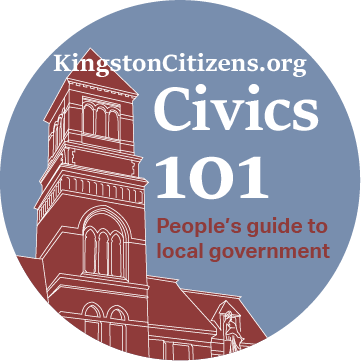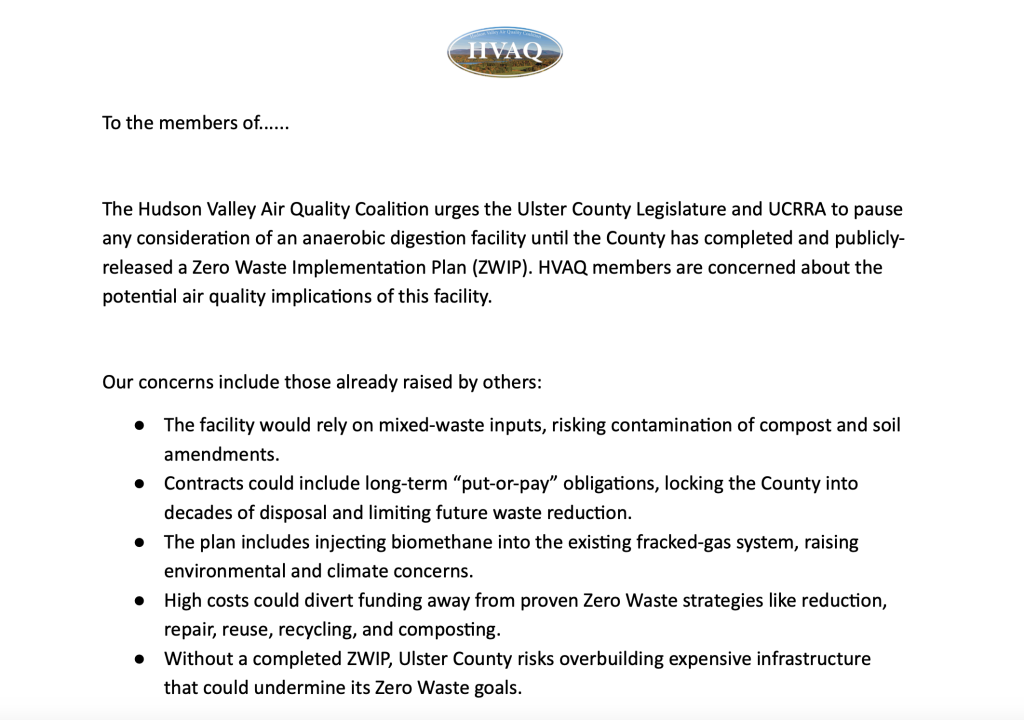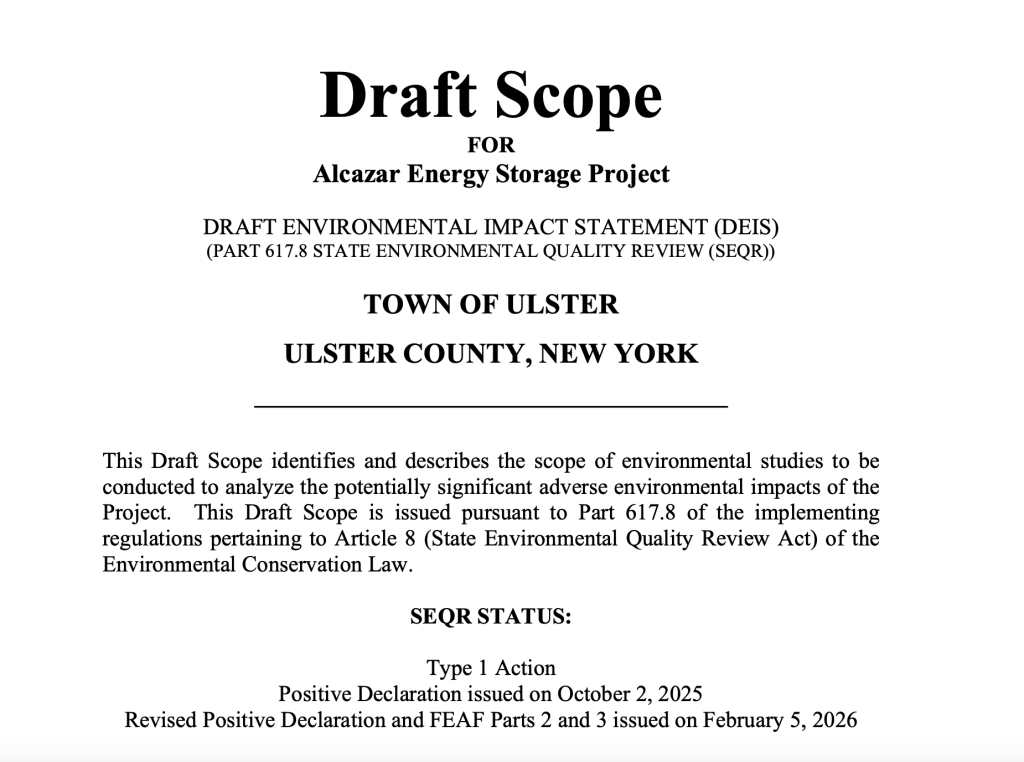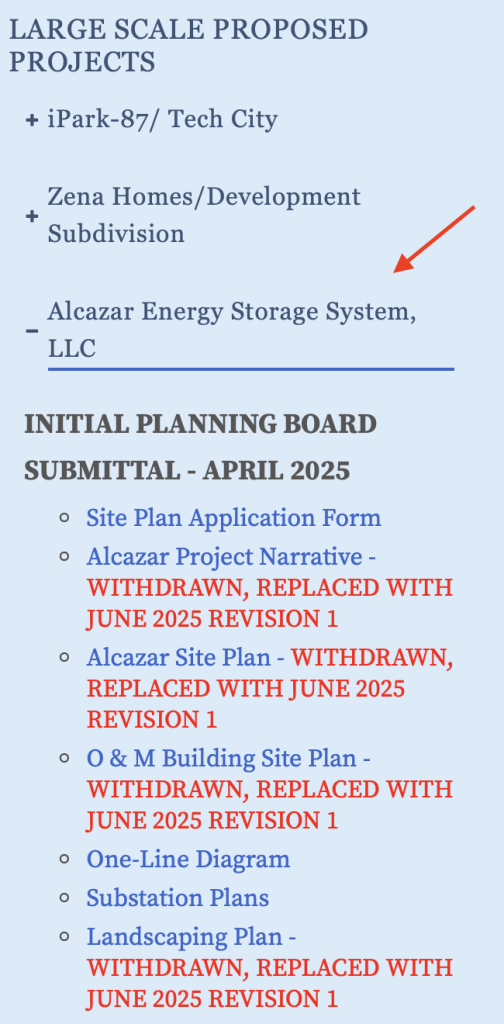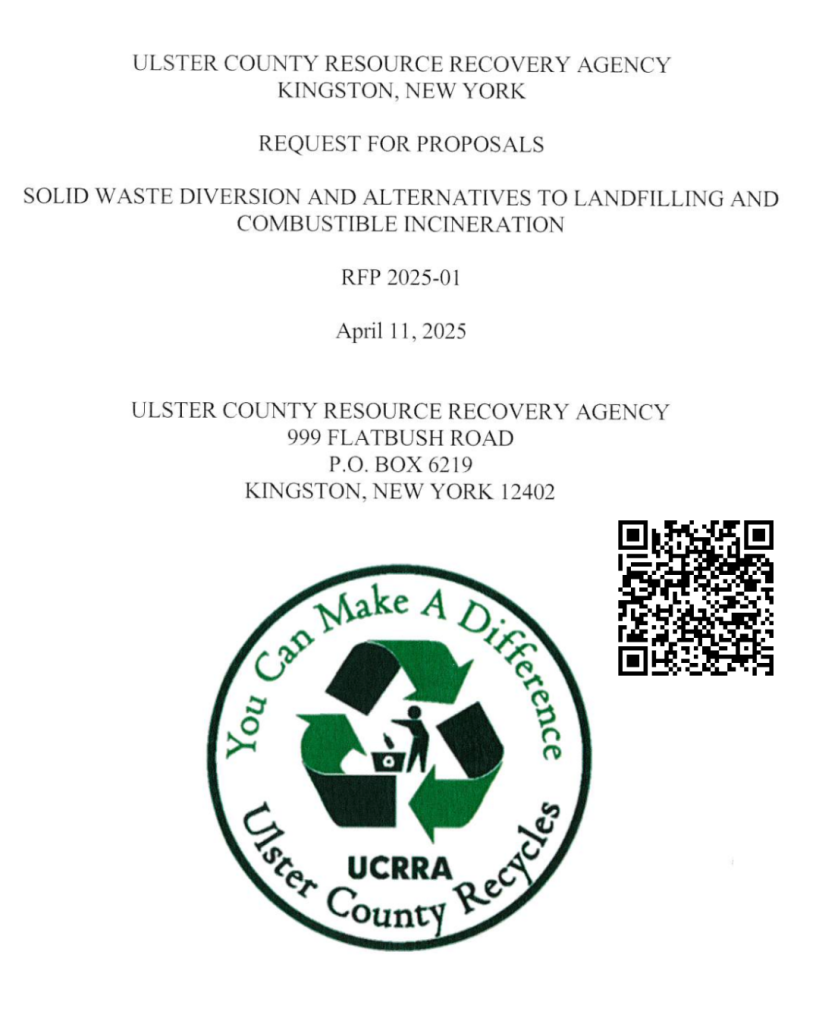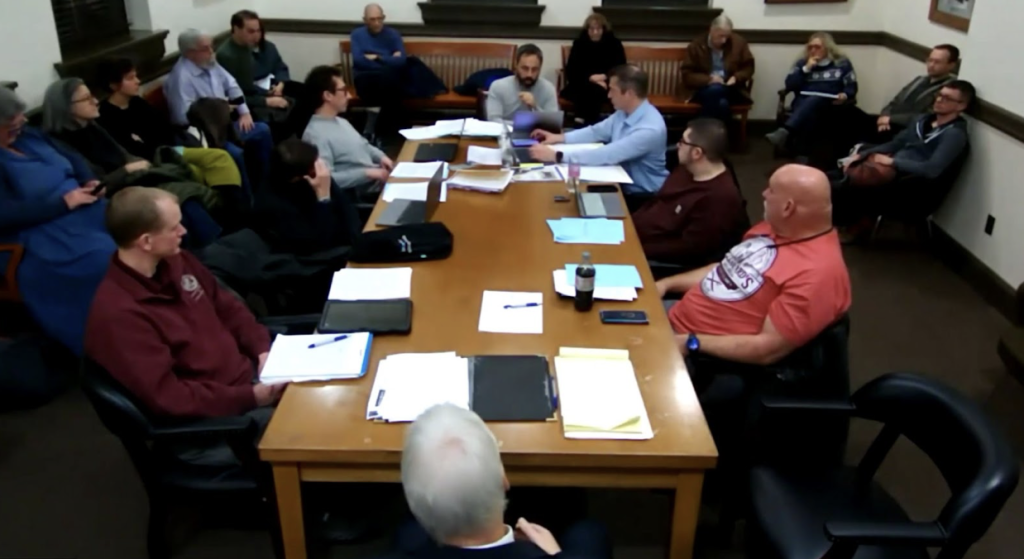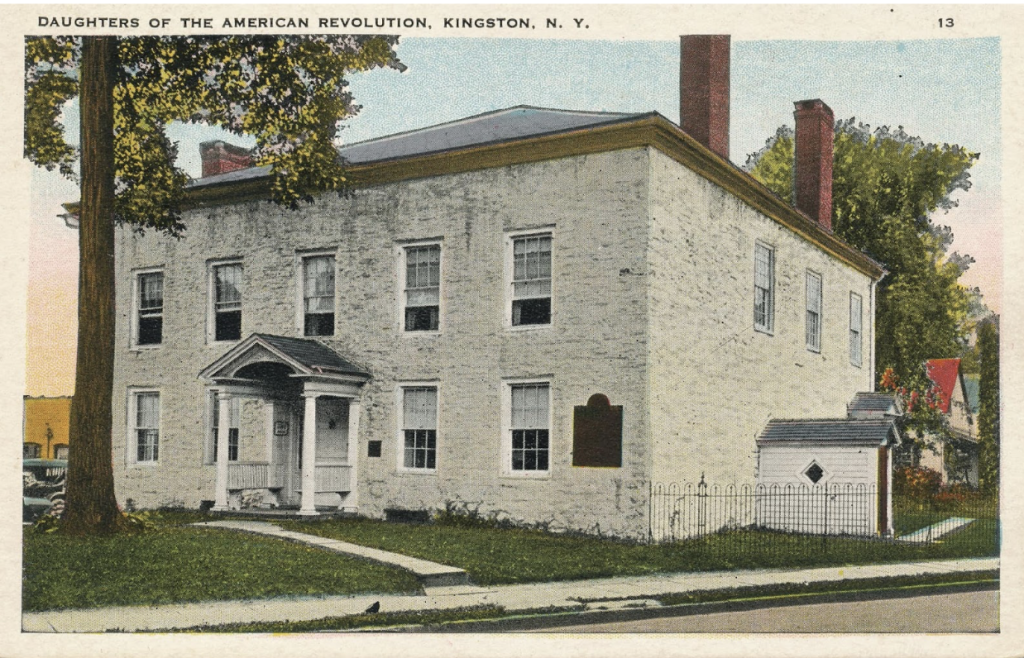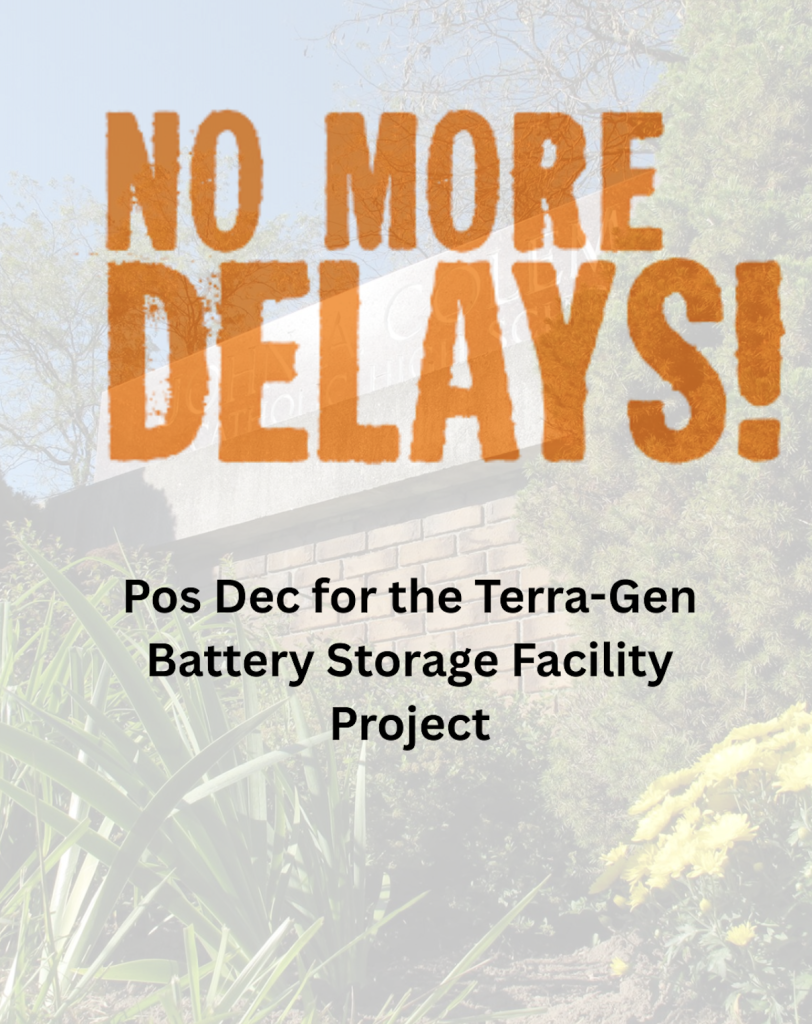
By Rebecca Martin
Across New York, communities are looking for ways to protect community members, strengthen public trust, and ensure that government resources are used responsibly. Two bills currently in the State Legislature offer one path forward: the Dignity Not Detention Act (S316/A4181) and the New York For All Act (S2235/A3506A).
Based on our initial reading and understanding of the legislation:
The Dignity Not Detention Act would end the state’s and local governments’ participation in immigration detention. It prohibits New York from entering into new contracts to detain people for federal immigration purposes, requires termination of existing agreements within 90 days, and bans private companies from operating immigration detention facilities in the state. State and local agencies would also be prohibited from providing financial support, incentives, or zoning approvals for detention centers. The goal is to keep families together, protect human dignity, and ensure that taxpayer money be used for public services, not federal immigration enforcement. The Assembly’s companion bill, A4181, mirrors these provisions.
The New York For All Act complements S316/A4181 by limiting when and how state and local agencies may inquire about or share someone’s immigration status. It would apply to police, school officials, probation departments, and other local agencies, ensuring that residents can access essential services like education, healthcare, and housing without fear of triggering federal enforcement. Its Assembly counterpart, A3506A, carries the same intent and reinforces protections across the state.
Together, these bills reflect the state’s commitment to responsible governance and community safety. They make clear that New York’s laws should protect community members, support families, and maintain trust between communities and public institutions.
Local Governments Have Historically Taken Action
Several municipalities in New York State formally expressed support for these bills in 2025 through memorializing resolutions, a long-standing tool for local governments to communicate their positions to the State Legislature and the Governor. There may be others, but these were the three we identified most easily. As the legislation moves through committees in early 2026, with the goal of reaching the floor for a vote, local municipalities now have the opportunity to join or renew these earlier efforts.
- City of Hudson (Columbia County): Adopted resolutions supporting both S316/A4181 and S2235/A3506, calling on the State to end local and private participation in immigration detention and to limit inquiries into residents’ immigration status.
- City of Rochester (Monroe County): Passed a resolution urging the Legislature and Governor to pass the New York For All Act (S2235/A3506).
- New York City Council: Passed non-binding resolutions supporting the goals of NY4All and related immigrant protections, reinforcing that local governments should not enforce federal civil immigration laws.
These examples show that communities across New York, large and small, can support state legislators working to pass this legislation in 2026 by speaking up for dignity, safety, and the responsible use of public resources. Local municipalities play a key role in amplifying these voices.
Local Context: Past and Present
Communities are also confronting federal immigration enforcement proposals on the ground. In Chester, Orange County, federal authorities have floated plans to convert a vacant warehouse into an ICE processing or detention facility as part of a nationwide network of potential sites – and history shows this is unlikely to be the last such proposal.
In 2008, Orange County entered into a contract with U.S. Immigration and Customs Enforcement to house federal detainees in the county jail, explicitly framing detention as a revenue-generating opportunity, with county officials citing millions of dollars in projected income.
Today, local officials and residents in Chester have raised serious concerns about the lack of formal notice and potential impacts on public safety, infrastructure, and community well-being. In our area, elected leaders, including U.S. Rep. Pat Ryan and State Senator Michelle Hinchey, have publicly opposed the plan and launched petitions and letters urging the proposal to be abandoned. Hundreds of local residents have packed village meetings and voiced opposition, showing that federal immigration policies have real, local consequences and that state-level guidance, such as S316/A4181 and S2235/A3506 is essential.
What These Resolutions Mean
Memorializing resolutions are formal statements adopted by local legislative bodies to urge the State Legislature and Governor to act on specific legislation. While they do not change the law on their own, they are an important tool of democratic governance because they place a municipality on record, reflect local values, and help build momentum for statewide action.
Taken together, these resolutions reassert the shared purpose of local governance, which is to provide services, ensure public safety, and uphold civil rights, not to administer federal immigration detention or enforcement.
For communities considering a similar action, we have prepared a model memorializing resolution based on examples from the few municipalities that have adopted resolutions to date (shared above). It can be adapted to fit your community’s local context. Local officials are encouraged to consult with their state Senator or Assembly Member as needed, and members of the public can urge their local government to take this step—a protective action that simply supports the state’s ongoing work to safeguard our communities all throughout NYS.
Update (1/25/26)
In a recent briefing, historian Heather Cox Richardson said that in Congress today, just a small number of Republican members — as few as 16 — could side with Democrats and block certain actions, demonstrating how a very small group of lawmakers can make a decisive difference in outcomes. Richardson reminds us how important constituent engagement is, especially with Republican members of Congress who may be pivotal in determining whether these unconstitutional federal actions move forward or not.
“Elected Republicans could stop this tonight if they wanted to. You know how many Republicans that would take? 16 Republicans voting with the Democrats. In a country of 340 million people, 16 people could stop this…call your Republican members of Congress.”
Start at this point in the clip HERE. After, please watch from the top.
16 VOTES. It’s outrageous and unacceptable that just sixteen more members of Congress could determine whether this is stopped.
Call your congressional representative, especially if they’re a Republican and demand they join colleagues to put an end to this now.
